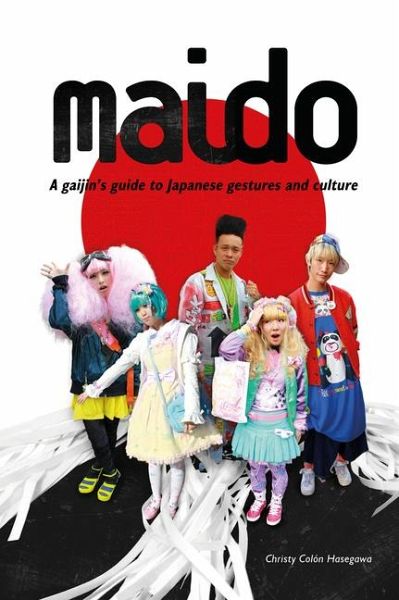
Maido
A Gaijin's Guide to Japanese Gestures and Culture
Versandkostenfrei!
Versandfertig in über 4 Wochen
11,99 €
inkl. MwSt.

PAYBACK Punkte
6 °P sammeln!
Maido (my-dough, not to be confused with that childhood favourite, Play-Doh) describes the most common Japanese gestures and defines their meanings and the cultural contexts that surround them. Japanese gestures are a world of their own, much the way the language and country are. In the Kansai region of Japan, people often use the term Maido as a greeting in business and sales, and as a send-off to a businesss best customers as if to say, come again or thank you. In this case, Maido is welcoming you to a world in which you dont offend every Japanese person you meet. By learning a few simple ge...
Maido (my-dough, not to be confused with that childhood favourite, Play-Doh) describes the most common Japanese gestures and defines their meanings and the cultural contexts that surround them. Japanese gestures are a world of their own, much the way the language and country are. In the Kansai region of Japan, people often use the term Maido as a greeting in business and sales, and as a send-off to a businesss best customers as if to say, come again or thank you. In this case, Maido is welcoming you to a world in which you dont offend every Japanese person you meet. By learning a few simple gestures you can avoid making intercultural slip-ups and win the respect of locals. And who knows -- maybe the next time you walk into the local izakaya (watering hole), you may be lucky enough to hear someone saying, Maido! Maido! to you.












